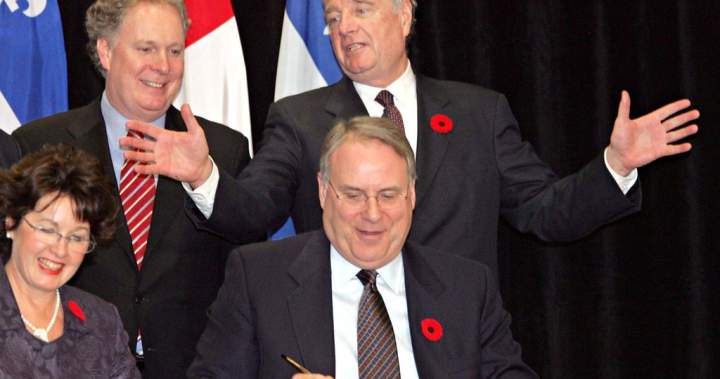The political landscape paused this week to honor Ken Dryden, whose remarkable transition from hockey legend to respected parliamentarian exemplifies a rare trajectory in Canadian public service. Tributes poured in from across the political spectrum following the announcement of Dryden’s death at age 76, with colleagues and adversaries alike acknowledging his substantial contributions beyond the hockey arena.
“Ken Dryden was the personification of excellence in everything he did,” Prime Minister Justin Trudeau reflected in a statement that captured the sentiment of many Canadians. “His legacy extends far beyond his legendary hockey career to his meaningful impact on our national policies and public discourse.”
Before entering politics, Dryden had already secured his place in Canadian history as a six-time Stanley Cup champion with the Montreal Canadiens during the 1970s. His analytical approach to sport, demonstrated in his acclaimed book “The Game,” foreshadowed the intellectual rigor he would later bring to parliamentary debates.
Former Liberal cabinet minister Ralph Goodale, who served alongside Dryden, told CO24: “Ken brought the same dedication and strategic thinking to public policy that made him exceptional in hockey. He approached complex social issues with remarkable clarity and determination.“
Dryden’s political career began in 2004 when he won a seat as a Liberal MP for York Centre. His subsequent appointment as Minister of Social Development under Prime Minister Paul Martin positioned him to champion initiatives addressing child care and early childhood education—causes that would define his political legacy.
“His advocacy for national childcare wasn’t just policy work—it was a passionate belief that Canada could do better for its families and children,” noted Karina Gould, current Minister of Families, Children and Social Development. “Many of the frameworks we operate under today bear his intellectual fingerprints.”
Even Conservative opponents recognized Dryden’s commitment to public service. Former Conservative MP James Moore described him as “a political opponent who earned respect through the integrity of his arguments and his genuine desire to improve Canadian society.“
Beyond party politics, Dryden’s approach to governance reflected his belief that public service required the same discipline and team-oriented focus that brought him success in professional sports. During parliamentary committee hearings, colleagues observed his methodical questioning and thorough preparation—qualities that distinguished him in an era of increasingly partisan politics.
“Ken was always more interested in finding solutions than scoring political points,” recalled former NDP leader Thomas Mulcair. “He approached policy challenges with a rare combination of intellectual depth and practical understanding.”
In retirement from active politics, Dryden continued to contribute to Canadian public discourse through his writing and speaking engagements, often focusing on education, climate change, and the evolving role of government in addressing societal challenges.
His 2017 book “Game Change,” which examined concussions in hockey, demonstrated his continuing ability to bridge his sporting expertise with pressing public health concerns—applying evidence-based analysis to issues that transcended partisan boundaries.
As tributes continue to emerge from across the political landscape, one question remains particularly poignant: In an era of increasingly divisive political discourse, how might current and future public servants emulate Dryden’s model of principled leadership that prioritized substantive policy outcomes over partisan advantage?























